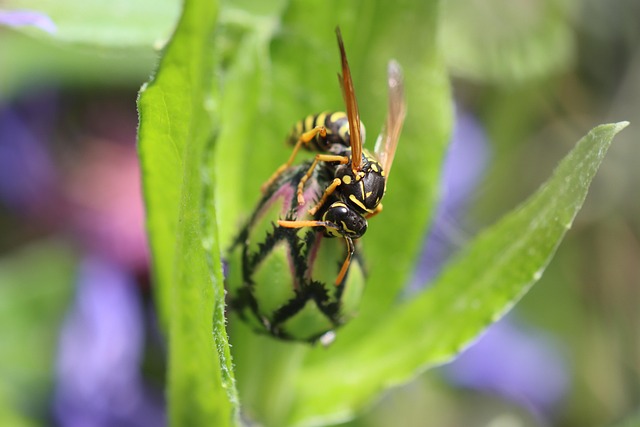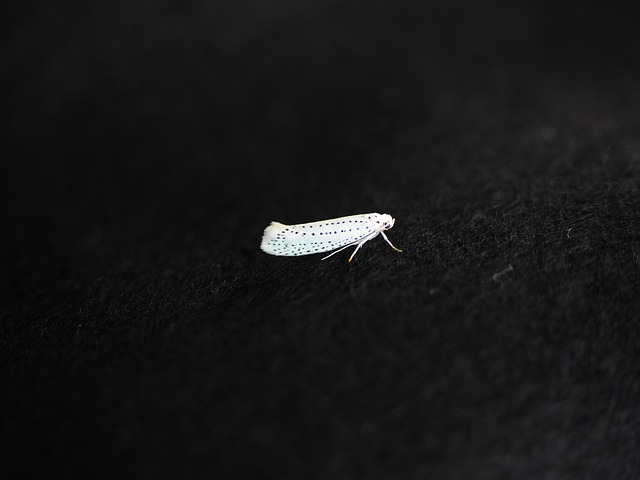A persistent musty smell in your Wheat Ridge basement likely indicates a pest problem, driven by moisture and secluded areas. To address this, first identify water damage, leaks, or humidity hotspots where pests like moths and bugs thrive. Treatments range from deep cleaning to professional heat treatment or insecticides. Prevent future infestations by sealing entry points, storing food securely, maintaining cleanliness, and using natural repellents or monitoring traps.
“Discovering the root cause of a musty smell in your Wheat Ridge basement is the first step towards effective pest control. This article guides you through identifying and addressing pantry pests, offering practical solutions for common treatments. From understanding the sources of musty odors to implementing preventative strategies, you’ll learn how to maintain a fresh, pest-free pantry. Learn expert tips on detecting and eradicating intruders before they disrupt your food storage again.”
- Identifying Musty Smells: Uncovering the Root Cause in Your Wheat Ridge Basement
- Common Pantry Pest Treatments for Musty Odors
- Effective Strategies to Prevent Future Infestations and Maintain a Fresh Pantry
Identifying Musty Smells: Uncovering the Root Cause in Your Wheat Ridge Basement

If you’ve noticed a persistent musty smell in your Wheat Ridge basement, it could be an early indicator of a pest problem. Often, this off-putting odor is caused by moisture and dark, secluded spaces where pests like dust mites, millipedes, or even rodents can thrive. Pest control experts recommend addressing the source immediately to prevent further infestation.
Inspect your basement thoroughly for signs of water damage, leaks, or any areas with excessive moisture buildup. Pests are attracted to these conditions, so eliminating sources of humidity is crucial in pest control efforts. Look for hidden entry points as well—cracks in walls, gaps around pipes or wiring—as these could provide access for pests seeking shelter and food. Finding the root cause of the musty smell will guide your next steps towards effective basement decontamination.
Common Pantry Pest Treatments for Musty Odors

If you’re noticing a musty odor in your Wheat Ridge basement, it could be an indication of a pest infestation—a common issue that requires prompt attention. The first step is to find the source of the smell, as this will guide your chosen treatment method. Pests like moths and bugs are attracted to starchy materials, such as stored grains, boxes, or even old clothing. They can breed in dark, damp spaces, making your basement an ideal habitat. Once identified, treating the infestation involves a combination of cleaning and pest control measures.
Effective treatments might include deep cleaning the affected areas, discarding any contaminated items, and sealing entry points to prevent future invasions. For severe cases, professional pest control services offer advanced solutions like heat treatment or targeted insecticides. These methods aim to eliminate existing pests and disrupt their breeding cycles, ensuring a musty-free basement environment.
Effective Strategies to Prevent Future Infestations and Maintain a Fresh Pantry

To prevent future infestations and maintain a fresh pantry, it’s crucial to understand the importance of identifying and eliminating the source of the problem. If you’ve noticed a musty smell in your Wheat Ridge basement, pest control experts suggest starting with a thorough inspection. Look for signs of pests like ants, termites, or rodents, as these can be indicators of an existing infestation. Check all food storage areas, including corners, cracks, and crevices where pests might hide.
Once you’ve located the source, take appropriate action to eliminate it. This could involve sealing entry points, properly storing food in airtight containers, and regular cleaning to remove any debris or crumbs that may attract pests. Additionally, maintaining good hygiene and keeping your pantry organized can significantly reduce the risk of future infestations. Regularly check for damage or signs of pest activity, and consider using natural repellents or setting up monitoring traps as preventive measures.
Identifying and addressing the root cause of a musty smell in your Wheat Ridge basement is crucial for effective pest control. By understanding common pantry pest treatments, implementing preventative strategies, and maintaining a fresh environment, you can protect your food and home from future infestations. Remember, knowing where to start is half the battle won – take action now to ensure a pest-free and odourless basement.
